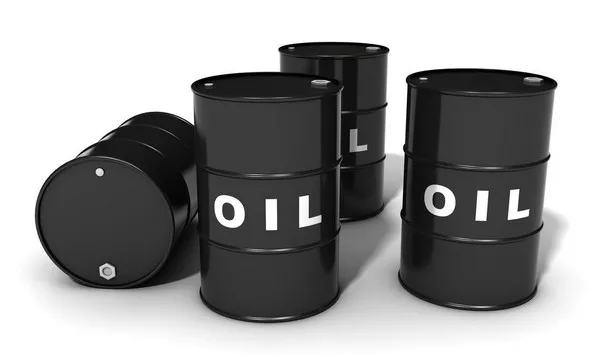The Federal Reserve is set to unveil its updated inflation and interest rate forecasts on September 20, 2023, but market participants are expressing concerns that these projections may not fully account for the recent surge in oil prices. This week, oil prices reached their highest levels since 2023, surpassing $90 per barrel, following Russia and Saudi Arabia’s decision to extend production cuts until year-end.
Despite the significant oil price increases, there is uncertainty about whether these developments will significantly impact the core inflation indicators prioritized by the Federal Reserve. Gennadiy Goldberg, a strategist at TD Securities, suggests that policymakers might not heavily factor in energy or food costs due to their volatility when making long-term inflation and rate predictions.
However, some traders are wary that neglecting these factors could be problematic, especially in the face of other ongoing price pressures, such as strikes against major U.S. automakers. Gang Hu, an inflation trader at WinShore Capital, suggests that the combination of rising oil prices and auto worker strikes creates a potentially unstable inflation scenario.
The anticipation of a message from the Federal Reserve indicating sustained high interest rates led to the highest levels in over a decade for 2- and 10-year Treasury rates on September 19. Simultaneously, the ICE U.S. Dollar Index recorded a slight decrease of less than 0.1%.
The financial markets will closely watch the Federal Reserve’s Summary of Economic Projections, which predicts where the fed-funds rate target, currently between 5.25% and 5.5%, might be in 2024. As of June this year, policymakers anticipated four 25-basis-point rate hikes next year, following another rate increase this year. They also forecasted inflation rates moving closer to 2% in 2024 and 2025, as well as over the long term.
While many financial market participants expect no Federal Reserve rate hike on Wednesday, some speculate about one more increase later this year before rate cuts commence in mid or late next year. Inflation traders are now projecting seven consecutive months of 3%-plus annual headline CPI rate readings, from September through next March, up from five consecutive months seen as of last Wednesday.
Mark Heppenstall, Chief Investment Officer of Penn Mutual Asset Management, suggests that the Federal Reserve’s rate decision for Wednesday was likely determined earlier when officials indicated a pause would be the likely outcome. He adds that while higher oil prices might have a slight impact on rate projections, it is too early to alter the narrative on disinflation and the progress made so far.


